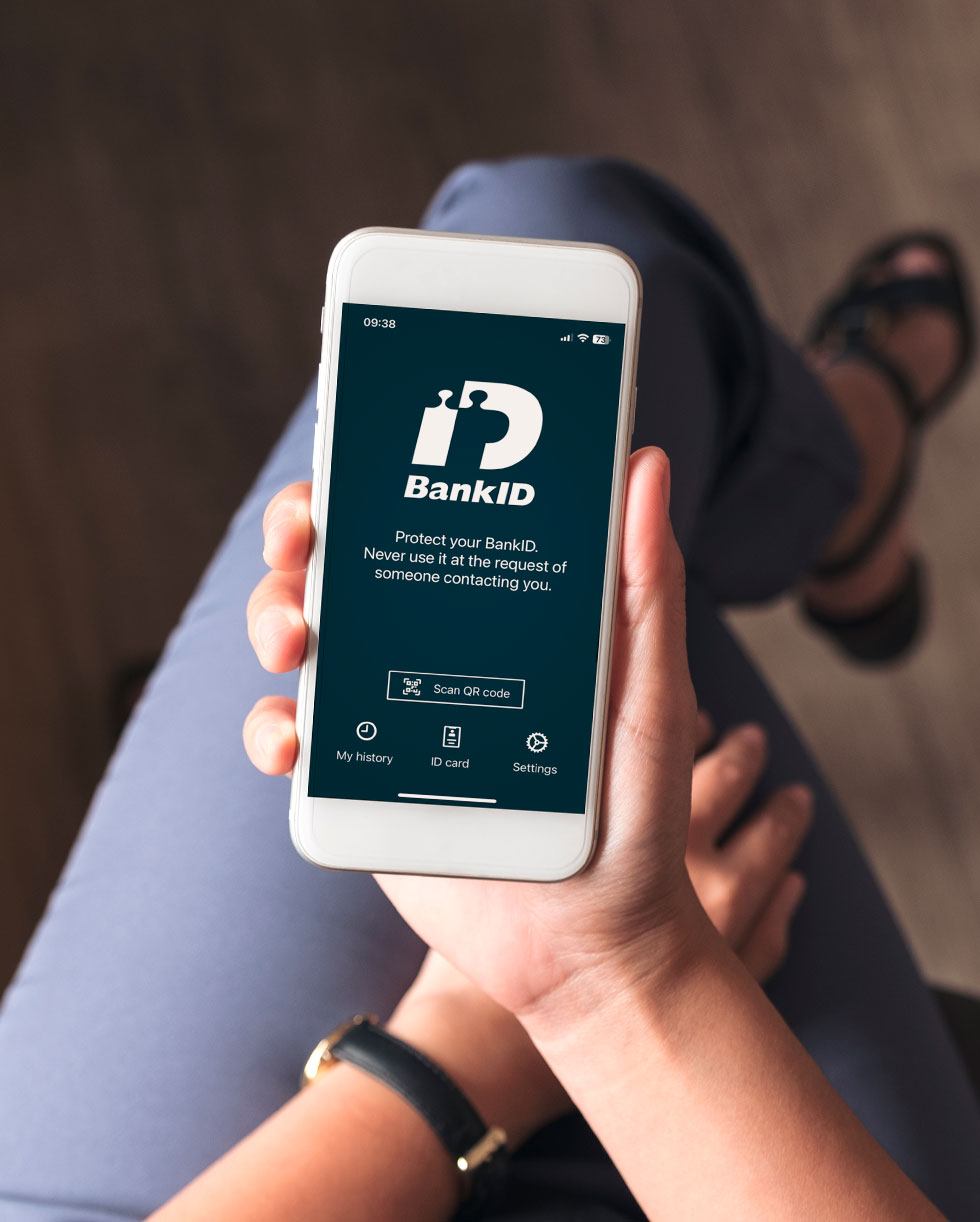E-Consent
E-Consent helps service providers in securing access to and sharing of data with third-party party providers.
Service providers such as banks, insurance companies, ERPs, etc, more often experience that third parties require access to customer data on behalf of the customer. This trend is increasing, which results in the need for automated authentication and access control to reduce risk and cost.
E-Consent solves this challenge by providing a service for signing consents based on compliant, strong customer authentication methods. These consents are then used by third parties to prove rights to represent the user and access the user´s data. In this way, the service provider does not need any process to validate third-party providers.

White label service
Handles single and recurrent consents
Industry standard protocols
Supports a broad range of digital identity services

How it works
Utilising the power of existing certified digital identity services and by using open standard and best-practice technologies such as OIDC, OAuth and JWT, we provide E-Consent as an easy to implement, managed service (SAAS).
This service presents a template-based consent to the end-user and have the end-user accept the consent by signing it digitally.
The Consent is then made available for the 3rd.party. The 3rd.party will use the JWT based consent as a ticket and present it for the resource owners API to prove rights to gain access to customer data.
The consent is based upon a template that resource owner defines or from predefined consent-templates supporting regulatory requirements such as PSD2-SCA
Typical Usage
PSD2
Payment service providers (PSP) obtain consent from end users to operate on their behalf when performing account information and payment initiation transactions toward banks (AS-PSP's). This is related to PSD2 regulation.
Energy
TPP services in the energy (el. power) market that obtain information on end user's power consumption for the properties registered to the user as part of a service to provide advice and/or energy offers etc. Reading property energy consumption is heavily regulated.
Insurance
TPP services in the insurance market request information from insurers on customer insurance agreements to be able to offer a comparison of other offers





